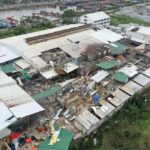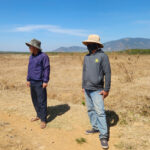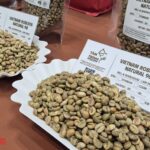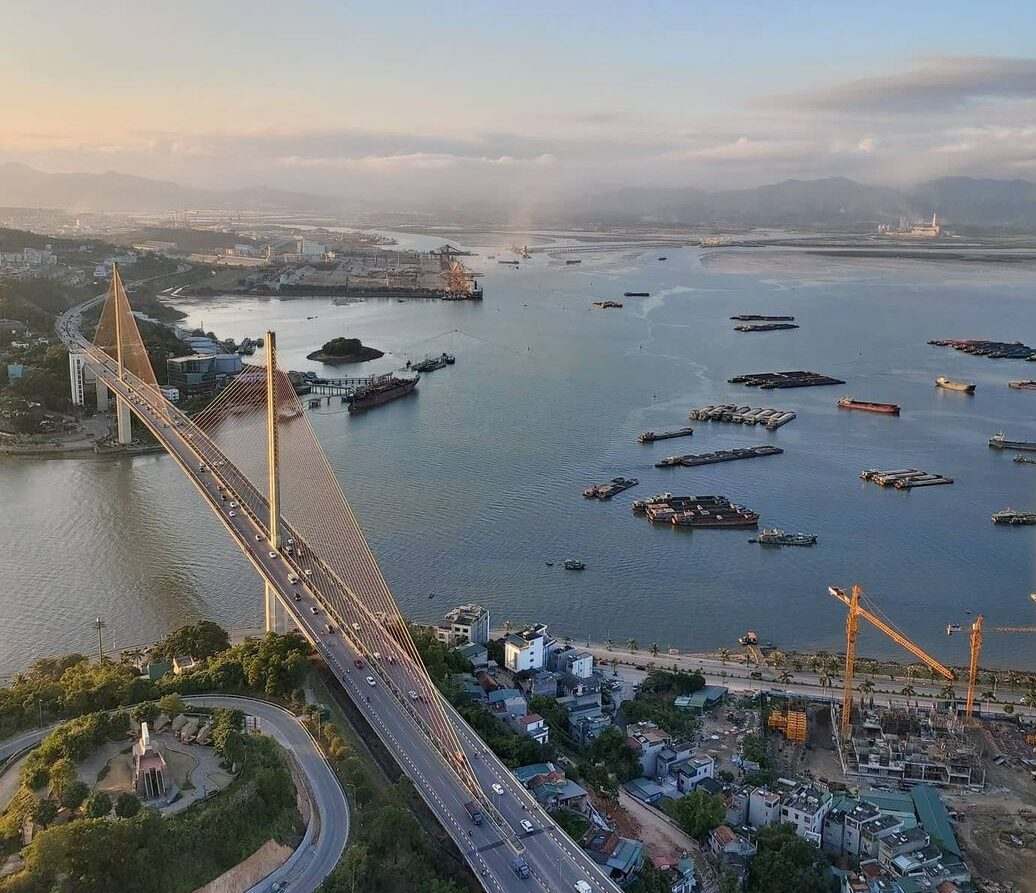The government has just issued Decree No. 122 of 2024, amending and supplementing a number of articles of Decree No. 14 of 2018 detailing border trade activities.
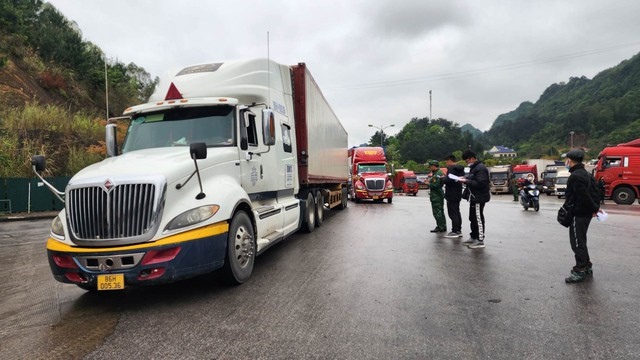
Border trade with China is still very bustling, mainly in agricultural and aquatic products. Photo: Minh Chien |
Decree No. 122 will take effect from December 1, 2024. Accordingly, from January 1, 2029, when trading goods across the border, border residents must be present to complete import and export procedures.
In 2029, the Ministry of Finance will report to the Government to consider and decide on adjusting the number of tax exemptions and the amount of tax exemption for the import of goods in the form of trading goods of border residents.
From January 1, 2030, goods will only go through import and export procedures at international border gates; main border gates (bilateral border gates); secondary border gates; border gates, specialized roads for transporting goods belonging to international border gates, main border gates (bilateral border gates); and border crossings that have completed the procedure for opening, upgrading border gates, border crossings in accordance with the current law and have reached bilateral agreements on allowing export, import and exchange of goods.
In other words, Vietnamese goods will stop being exported through border trade to the Chinese market from January 1, 2030.
In addition, Decree No. 122 of 2024 amends and supplements Clause 2, Article 4 of Decree No. 14 of 2018, which stipulates the payment method for border trade activities.
Decree No. 122 still prescribes three payment methods: bank payment; offsetting payment between exported and imported goods and services (the difference is paid through the bank); and cash payment. However, according to the new regulation, the cash payment method is only applied to the trading activities of border residents.
At the same time, Decree No. 122 supplements Article 4a, which stipulates the goods standards for border trade activities.
Accordingly, goods in the activities of trading goods across the border by traders and border residents must fully meet the standards, quality, regulations on traceability, and other conditions in accordance with the laws of the importing country.
Vehicles, drivers of vehicles transporting goods, and business owners of Vietnam that go through the border gates and border crossings specified in this Decree to go to or from the border markets of the countries sharing the border must be inspected and controlled by the specialized management forces at the border gates and border crossings.
Thuy Linh
“Government Calls for Tax Relief, Interest Waivers for Flood-Affected Citizens and Businesses”
The government has issued Resolution No. 143/NQ-CP on September 17, 2024, outlining key tasks and solutions to urgently address the aftermath of Typhoon No. 3 (Yagi). This comprehensive resolution aims to swiftly stabilize the situation for the people, boost the recovery of business and production, actively promote economic growth, and effectively curb inflation.
Fiscal Policy: To Loosen or Tighten?
From 2020 onwards, Vietnam has implemented an expansionary fiscal policy, providing relief to businesses and citizens through tax breaks, waivers, and deferrals amounting to nearly VND 200,000 billion per year. This has resulted in an estimated 17.8% year-on-year increase in state budget revenue for the first eight months of this year, indicating a robust economic growth trajectory. With predictions of reaching 6.5% growth in 2025-2026, the question arises: What should Vietnam’s fiscal policy look like going forward?

